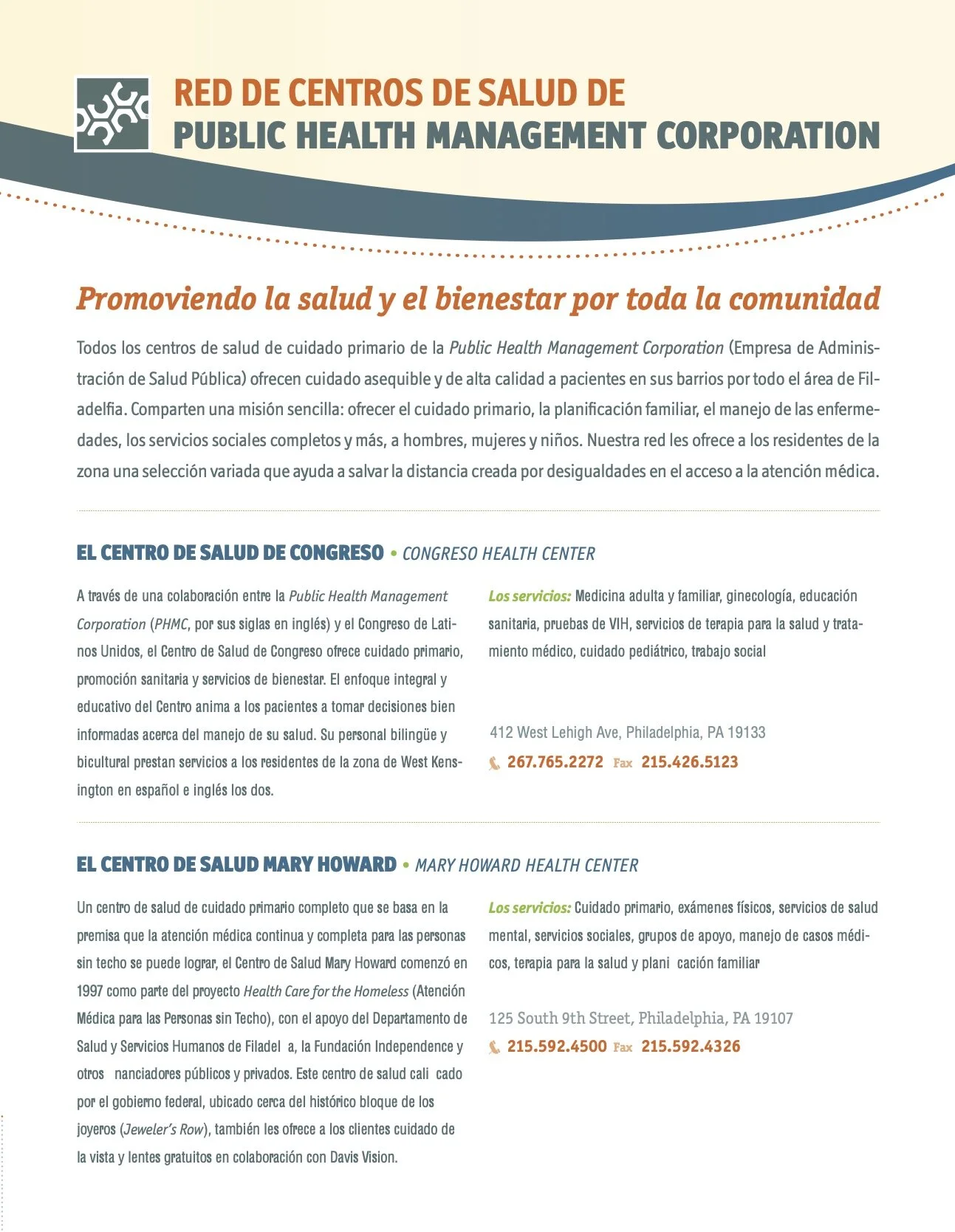The Reshaping Public Health: Strengthening Healthcare Systems in the Post-Covid World
Economics essay writing help is critical to understanding the profound impact of the Covid-19 pandemic, an unprecedented global health crisis, which exposed weaknesses in healthcare systems worldwide. This crisis has illuminated the urgent need to reevaluate and reshape public health strategies in the post-Covid world. Healthcare professionals and experts must reflect on the challenges posed by this pandemic, draw key learnings, identify areas for improvement, and envision a positive future for healthcare systems. In this article, we delve into these critical aspects, focusing on enhancing healthcare resilience and preparedness for future health emergencies.
Challenges Posed by Covid-19
The pandemic presented a myriad of challenges to healthcare systems. Overwhelmed hospitals faced the scarcity of critical medical supplies such as ventilators, personal protective equipment (PPE), and essential medications. Healthcare professionals battled exhaustion and emotional stress as they worked tirelessly on the frontlines. Furthermore, the sudden spike in patients exposed the limitations of public health infrastructure, revealing the need for significant improvements in resource allocation, disaster preparedness, and capacity planning.
Key Learnings from the Pandemic
The pandemic has been a harrowing teacher, imparting invaluable lessons on healthcare system resilience and adaptability. It reinforced the importance of rapid, flexible responses to changing situations. Preparing for future health emergencies means ensuring that healthcare systems can quickly adapt to unexpected crises, guaranteeing efficient distribution of resources and maintaining high standards of care. Adapting swiftly to evolving circumstances and adopting technology-driven solutions emerged as critical learnings from this crisis.
Areas for Improvement
Identifying and addressing areas for improvement is crucial for the post-Covid healthcare landscape. One of the significant areas is technology integration. Implementing advanced health technologies can streamline patient care, enable remote consultations through telemedicine, and enhance data management through digital health records. Additionally, optimizing supply chains to minimize disruptions and ensuring a well-trained, adequately staffed healthcare workforce are pivotal steps toward building a more resilient healthcare system.
Technology and Innovation
The transformative potential of technology and innovation in healthcare cannot be overstated. Telemedicine emerged as a lifeline during the pandemic, offering remote medical consultations and reducing the burden on physical healthcare facilities. Data analytics provided insights that guided decision-making, optimizing resource allocation. Digital health records facilitated seamless sharing of patient information, enhancing overall efficiency in healthcare delivery. Investing in and embracing these technologies is imperative for healthcare systems to thrive post-Covid.
Policy Reforms and Investments
Policy reforms are the cornerstone of strengthening healthcare systems. Governments and healthcare organizations must enact policies that support a sustainable and resilient healthcare infrastructure. This includes ensuring equitable distribution of resources, incentivizing healthcare professionals to work in underserved areas, and promoting research and development in the medical field. Strategic investments in healthcare infrastructure, research, and the training of healthcare professionals are essential for long-term sustainability and growth.
Global Collaboration and Knowledge Sharing
The pandemic emphasized the interconnectedness of the global community and the need for collaborative efforts to combat public health challenges effectively. International collaboration and knowledge sharing facilitate the exchange of best practices and innovative strategies. This exchange can aid in creating a standardized approach to public health crises, fostering a stronger, more resilient global healthcare network. By sharing knowledge, experiences, and expertise, we can collectively work towards a more sustainable and effective post-Covid healthcare world.
Future Outlook
As we look to the future, there is optimism that the lessons learned from the pandemic will fuel positive change. Improved healthcare infrastructure, enhanced policies, and the continued integration of technology offer a promising outlook. The resilience demonstrated by healthcare professionals worldwide and the collective determination to learn and adapt leave us better prepared to face future health challenges. By actively engaging and collaborating, we can usher in a future where healthcare is more accessible, efficient, and equitable.
Conclusion
In conclusion, reshaping public health and fortifying healthcare systems post-Covid is a shared responsibility. Healthcare professionals and experts are instrumental in driving these changes. By acknowledging the challenges, incorporating key learnings, implementing necessary reforms, and fostering global collaboration, we can create a brighter, more resilient future for healthcare. Let us remain proactive in contributing to the evolution of healthcare systems, ensuring a robust, efficient, and accessible healthcare landscape for all. Together, we can build a future where public health is stronger and more prepared for any challenges that lie ahead.













